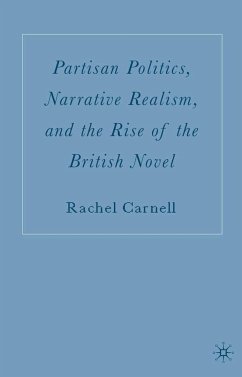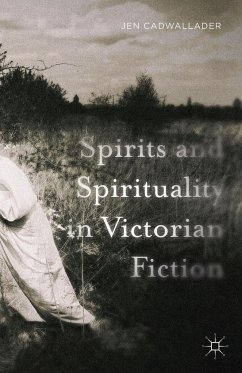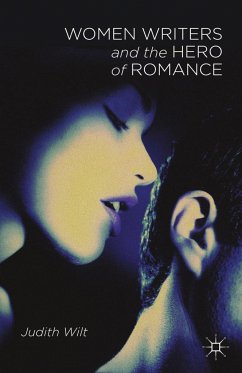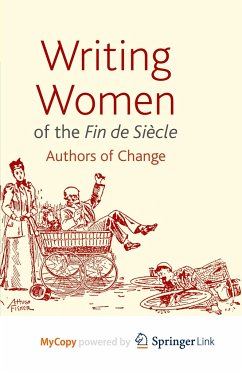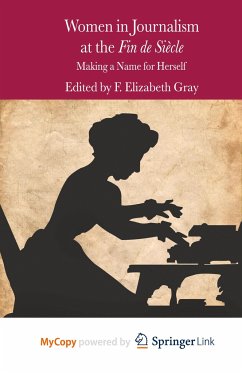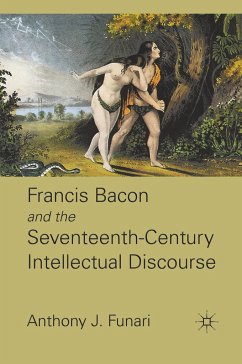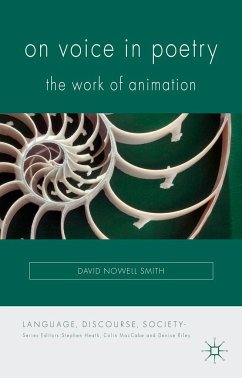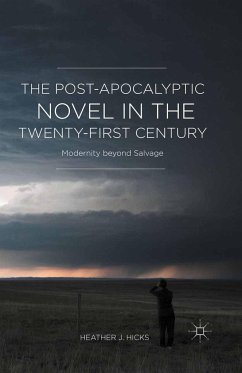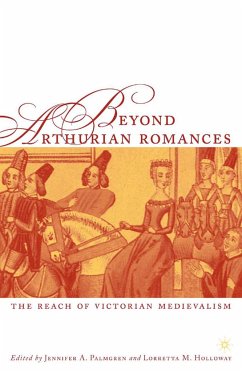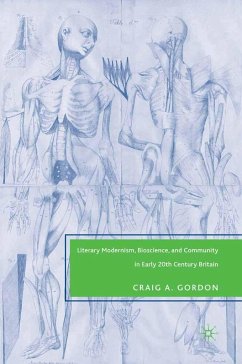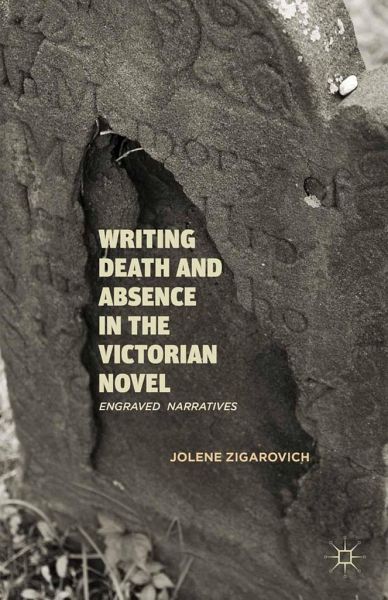
Writing Death and Absence in the Victorian Novel
Engraved Narratives

PAYBACK Punkte
19 °P sammeln!
This book asks why Brontë, Dickens, and Collins saw the narrative act as a series of textual murders and resurrections? Drawing on theorists such as Derrida, Blanchot, and de Man, Zigarovich maintains that narrating death was important to the understanding of absence, separation, and displacement in an industrial and destabilized culture.



